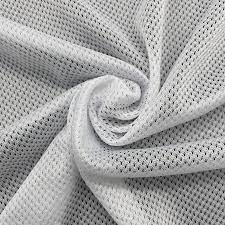The Importance Of Sustainability In Functional Textiles
As the textile industry continues to evolve, sustainability has become a critical aspect of product development and manufacturing. With consumers increasingly demanding environmentally-friendly products, functional textiles must balance their performance requirements with sustainable practices. By utilizing renewable and recycled materials, energy-efficient manufacturing processes, and precision engineering techniques, functional textile companies can reduce their environmental footprint while still delivering high-performance products.
One of the key strategies for sustainable functional textiles is the use of organic cotton and plant-derived fibers. These materials require less water and chemicals to grow, reducing the environmental impact of the production process. Additionally, incorporating recycled plastics and metals recovered from obsolete electronics can help reduce waste and minimize the use of virgin materials.
Another important aspect of sustainable functional textiles is energy efficiency. By leveraging precision engineering techniques, manufacturers can minimize waste and reduce the energy required to produce high-performance textiles. This not only benefits the environment but also helps businesses cut costs and future-proof their operations against resource constraints.
A sustainable approach to functional textiles benefits not only customers who are concerned with ethically-sourced apparel but also business owners who are looking to reduce their environmental impact. By balancing function with sustainability, functional textile companies can ensure the long-term viability of their products and operations.
In conclusion, sustainability is a critical aspect of the textile industry, and functional textiles are no exception. By utilizing renewable and recycled materials, energy-efficient manufacturing processes, and precision engineering techniques, functional textile companies can reduce their environmental footprint while still delivering high-performance products. A sustainable approach to functional textiles benefits both customers and businesses, ensuring the long-term viability of this innovative textile sector.

